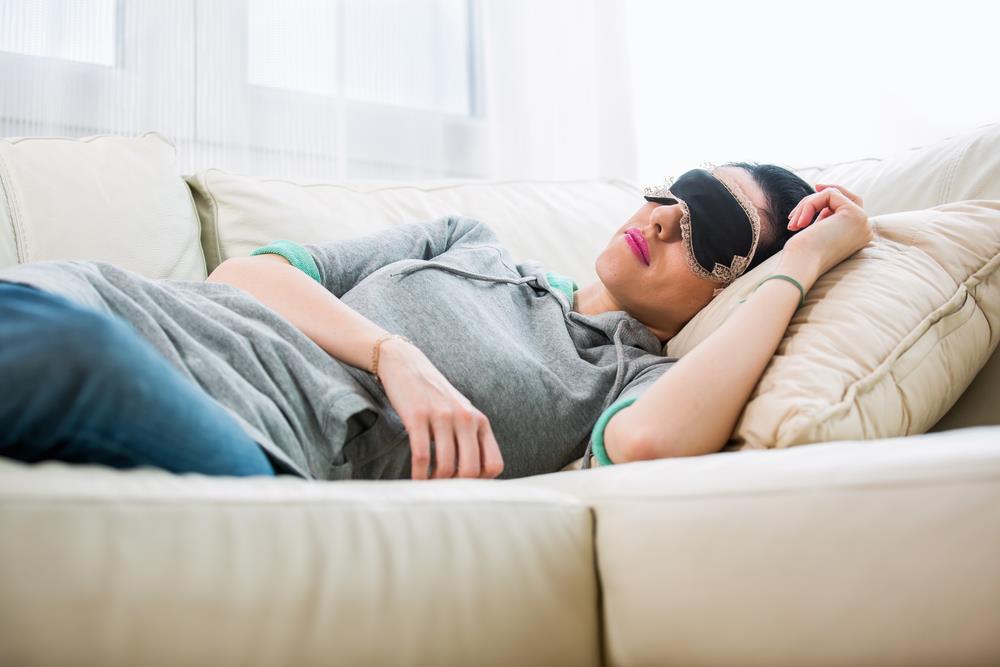Sleep is one of the most important aspects in a person’s life. It is undeniable that sleeping is as important as eating. After all, it is through sleeping that humans are able to replenish their energy levels and to heal their cells in order to allow their body systems to function efficiently throughout the day. Truly, the amount or the lack of sleep is a huge factor that affects a person’s performance and health. Despite the importance of sleep, it is still one of the most overlooked health priorities in people’s lives. Studies show that sleep deprivation is linked to a handful of diseases including cardiovascular disease, stroke, obesity, type 2 diabetes, and depression. Even though sleep has been studied for centuries, little is known about the subject. And thus, certain misconceptions related to sleep continue to circulate despite its lack of credibility. To help you differentiate the truths from the lies, here are five myths about sleep, debunked.
Myth #1: Sleep is passive
Many people falsely believe that when you sleep, your body and brain rests as well and becomes inactive. Truth is, even when you’re asleep, there’s a lot of activities going on in your body, especially in your brain. In fact, some brain activities actually increase when you sleep, such as delta waves. Your endocrine system increases the production of certain hormones as well, such as human growth hormone and prolactin, both vital for your immune system, when you sleep.

Myth #2: Daytime naps can make up for a lack of sleep
Napping is not a solution for sleep deprivation. The amount of benefits you get from a full night’s sleep is not the same with the amount you’ll get with just a nap. However, naps can effectively rejuvenate you so you can feel more alert afterwards, making it very important for those who work long shifts. Therefore, naps are not completely useless. But if you must nap, avoid doing so after three in the afternoon or your ability to sleep at night might get negatively affected.
Myth #3: Sleeping pills are harmless
Often, the cons of taking sleeping pills outweigh its benefits. Some sleeping pill medications even result to reports of bizarre behaviours such as eating catfood or driving across town in their sleep. Of course, such is not always the case. However, a study by the National Institutes of Health found that people who take prescription medication to help them sleep only get an average of 15 minutes of extra sleep every night. Thus, you’re better off trying natural methods of falling asleep rather than resolving to sleeping pills.
Myth #4: Snoring is harmless
Snoring is not an uncommon event that many people experience during their sleep. Because of how common it is, not many people think too much about it. However, loud, chronic snoring that is frequently interrupted by temporarily cessation of breathing which starts again with a gasp or choking sound is already a strong indication of a serious health problem called obstructive sleep apnea (OSA). But don’t be alarmed. Sleeping can also be caused by the obstruction of air movement into the lungs, leading to vibrations in the upper airways. Still, it’s always best to have yourself checked if you suffer from chronic snoring.
Myth #5: Watching television before going to bed can help you fall asleep
Many people have the bad habit of watching television or scrolling through their phone at night to “help” them fall asleep. However, it may actually just do the opposite. Your body has a natural response to dark light, and that is producing more of the hormone melatonin. Melatonin is what helps you fall asleep. Thus, if you expose yourself to bright lights when it’s time for sleep, your body will produce less melatonin, making it harder for you to fall and stay asleep. So next time you find it hard to fall asleep, just turn off the lights and lay still for a couple of minutes.








